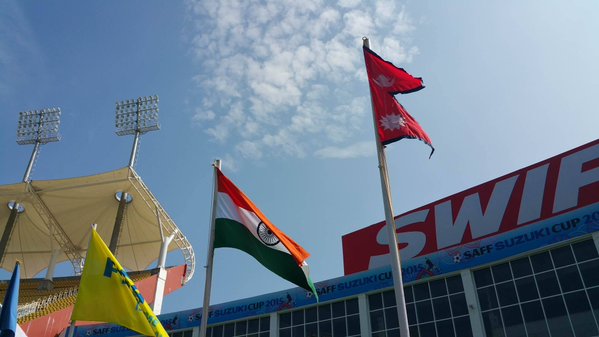EPG to focus on 1950 treaty revision
Kathmandu, August 25
Next meeting of the Eminent Persons’ Group on Nepal-India Relations will focus on the much-talked Nepal-India Peace and Friendship Treaty of 1950, which has remained contentious for decades.
The treaty was signed by the last Rana prime minister of Nepal, Mohan Shamsher Jung Bahadur Rana, and the then Indian Ambassador to Nepal Chandreshwar Narain Singh, in Kathmandu on 31 July 1950.
The Nepali side had proposed to review the charter, stating that it didn’t reflect the changed context of the 21st century. Nepal is concerned that some of its provisions are against the spirit of the principle of sovereign equality between the two countries.
“The upcoming meeting will primarily focus on the 1950 treaty and make it compatible with the spirit of the 21st century,” Coordinator from the Nepali side in EPG Bhekh Bahadur Thapa told The Himalayan Times.
According to him, collecting previous studies on the issue of the 1950 Treaty, assessing them and building new frames of reference for its necessary revision are under way.
Next meeting of the EGP is being convened in New Delhi in the third week of September, most probably right after Prime Minister Pushpa Kamal Dahal’s visit to India, which will kick off on September 15. The Indian side will confirm the final date of the meeting next week, said Thapa.
It’s understood that the Nepali side is particularly concerned about Article (5) of the treaty, which reads: “The Government of Nepal shall be free to import, from or through the territory of India, arms, ammunition or warlike material and equipment necessary for the security of Nepal.
The procedure for giving effect to this arrangement shall be worked out by the two governments acting in consultation.” Many other provisions could also be updated or revised, according to an EGP source.
Nepal was still ruled by autocratic Rana oligarchy when the treaty was signed 66 years ago. Though the document has no provision of revising or amending it, it can be terminated by any side, giving a notice of one year in advance.
Nevertheless, EPG members are open that the treaty can still be revised or updated, if both Nepal and India are convinced about the revision and update.
“It’s an exclusive treaty inked between Nepal and India. If both the sides are ready, it can be amended without having such a provision in the document,” said another EPG member from the Nepali side, Surya Nath Upadhyay.
Nepal hosted the first-ever EPG meeting in Kathmandu in July, which had opened up for discussion the existing Nepal-India bilateral agreements, including the 1950 treaty.






